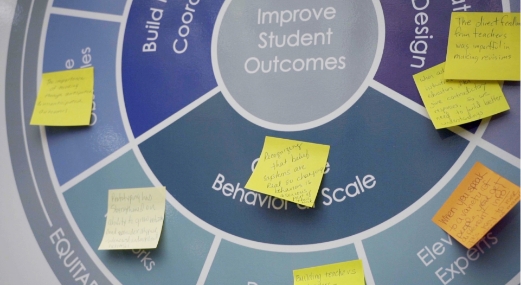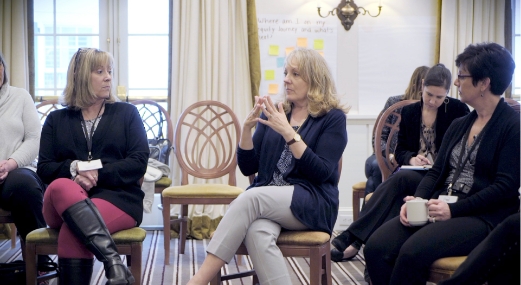Cultivate Trusting Relationships
Coherence Framework Elements
IN THE IDEAL STATE LEADERS WILL:
Engage Authentically
Leaders create opportunities and channels to receive rich, authentic and ongoing input from internal employees and external stakeholders and it is easy to see how that input leads to changes by leadership. They understand that there are multiple ways to engage stakeholders and are transparent about the role and decision making responsibility of stakeholders in each engagement. They foster an environment in which stakeholders feel they can share their and others’ perspectives without fear of retribution and understand how their participation advances the agency’s mission and have evidence that shows how their contributions were necessary for the success of the agency.
Recognize and Address Power Dynamics
Leaders are aware of the ways power structures and dynamics—real or perceived—influence individual and team beliefs, perspectives and actions. They acknowledge power is always at play and address inappropriate power differentials, particularly when seeking to listen closely, authentically engage and/or partner with stakeholders. They cede their own power (ie. delegating final decision- making power to those most proximate to the problem, using their influence to elevate opinions of those with less power, etc.) in an effort to support a more equitable and appropriate power distribution.
Support Inclusion
Leaders seek out and intentionally engage diverse groups throughout the development and implementation of policies and initiatives. They are acutely aware of the intersectional identities of those who are leading and making decisions and prioritize those who are closest to implementation, often students, teachers and community members, for leadership and decision-making roles. They honor the experiences of stakeholders and understand successful implementation starts with a deep understanding of the people with closest proximity to the issue or problem they hope to address. They understand that a community is not based on a single story and that no one individual or organization can represent the full perspectives of an entire group. Leaders create an environment that values and celebrates all members of their community.

